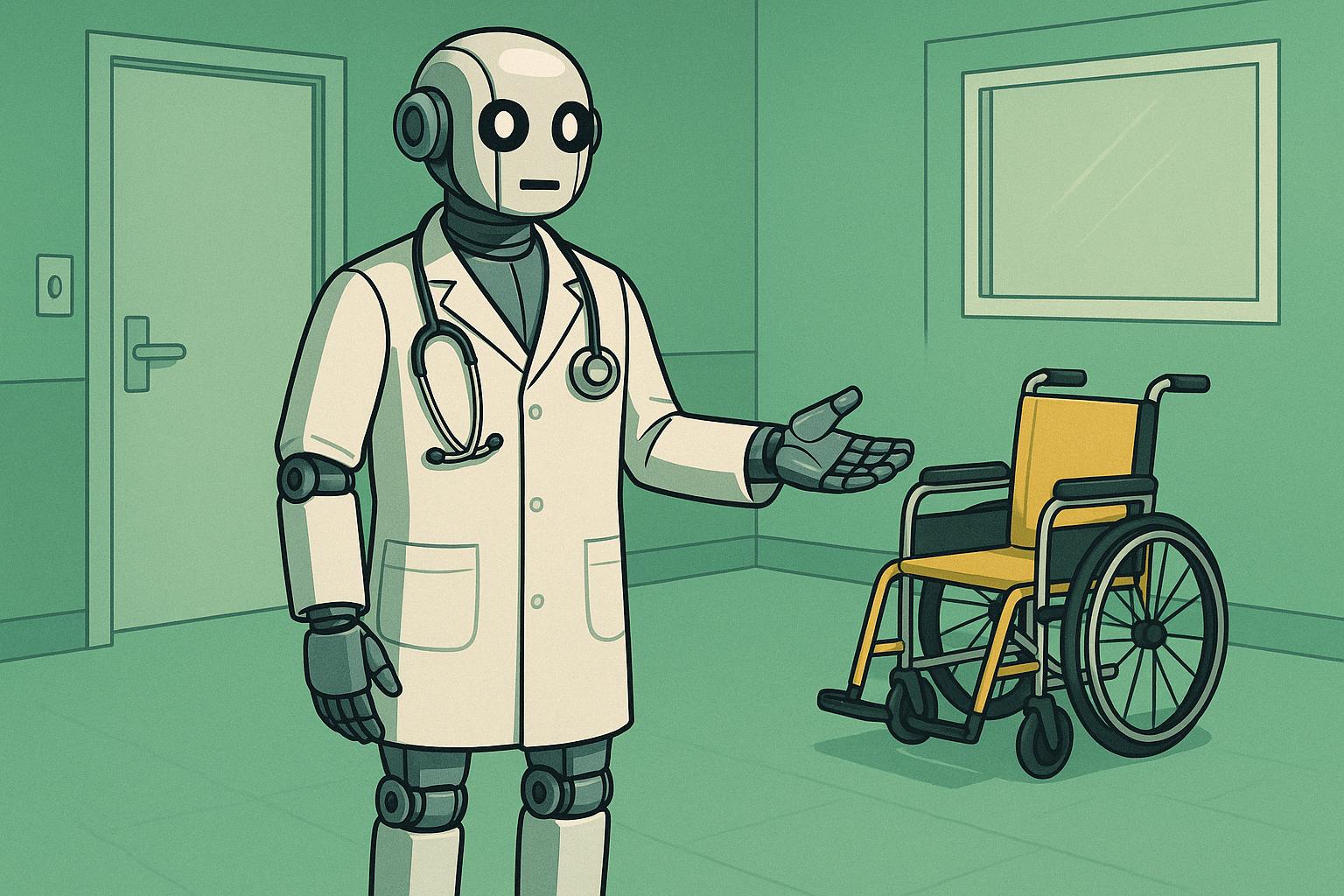Emerging AI technologies are poised to revolutionise diagnosis, personalised learning, and transportation, heralding a new era of human-machine collaboration while raising ethical and societal challenges.
Artificial Intelligence (AI) is steadily transitioning from a futuristic concept to an integral part of our daily lives, influencing how we live, work, and interact with the world around us. From the simple convenience of voice assistants like Alexa and Siri to sophisticated personalised recommendations on platforms such as Netflix and YouTube, AI is already woven into everyday experiences. Yet, the most transformative changes are anticipated in the next five to ten years, promising profound impacts across sectors, especially in healthcare, education, workplaces, transportation, and everyday living.
Healthcare stands at the forefront of AI-driven transformation, where the technology is revolutionising diagnosis and treatment. AI-powered tools are enabling doctors to detect diseases with unprecedented speed and precision. Cutting-edge research demonstrates that AI can analyse medical imaging to identify cancers earlier than traditional methods. Studies published in authoritative journals such as Nature have revealed deep learning algorithms that match expert radiologists in detecting breast cancer from mammograms, offering a major boost to diagnostic accuracy and early intervention. Similarly, AI applications analysing cell-free DNA (cfDNA) sequencing data are enabling non-invasive early detection of lung cancer, as well as improving monitoring of colorectal cancer recurrence by processing circulating tumour DNA (ctDNA) to predict relapse risks. These advances promise not only earlier detection but also personalised treatment plans tailored to the patient’s genetic profile, ultimately lowering costs and increasing survival rates. However, healthcare professionals emphasise the critical importance of maintaining human oversight to interpret AI results responsibly and ensure patient safety.
In education, AI is on track to redefine learning experiences by creating personalised pathways that adapt to individual student needs. AI tutors could tailor lessons to each learner’s strengths and areas for improvement, making quality education accessible regardless of geography or socioeconomic status. This personalised approach could particularly benefit students struggling in traditional settings by providing bespoke support in subjects such as mathematics or language arts, thereby democratising high-quality learning.
The workplace is likewise undergoing a rapid AI-driven evolution. Tools like ChatGPT and GitHub Copilot already assist professionals in automating routine tasks and enhancing productivity. Looking ahead, AI is expected to take over repetitive activities entirely, freeing humans to focus on creativity, strategic thinking, and complex problem-solving. While this shift offers exciting possibilities, it also raises important questions about job displacement and the future of work. Industry experts and policymakers are keenly focused on ensuring that AI complements rather than replaces human effort, fostering new roles centred around managing and collaborating with AI.
Transport innovation is being fuelled by AI through the development of autonomous vehicles by leading companies such as Tesla, Waymo, and Uber. Self-driving cars promise safer, smoother commutes by reducing traffic accidents caused by human error, while AI-controlled public transport systems could optimise traffic flow, shortening travel times and improving urban mobility. These developments suggest a future where journey time is reclaimed for personal productivity or relaxation, contributing to better work-life balance.
On a more personal level, tomorrow’s AI assistants will transcend basic tasks like answering queries or setting reminders. They are being envisioned to anticipate needs proactively—automatically scheduling meetings, suggesting recipes based on available ingredients, or even prompting social interactions such as reminding you to call a loved one. This anticipatory intelligence holds the potential to enhance daily convenience substantially.
Amidst all these optimistic developments, there are challenges and ethical concerns that must be addressed to harness AI’s full potential responsibly. Privacy remains a critical issue, with debates ongoing about how data is collected, used, and protected. Algorithmic bias requires vigilance to ensure AI systems operate fairly and do not perpetuate existing inequalities. Furthermore, societal impacts of workforce shifts call for proactive regulation and reskilling initiatives.
Overall, AI represents a monumental opportunity to augment human potential rather than replace it. As the UK and other global leaders strive to build the best environment for responsible innovation, embracing AI wisely could pave the way for longer, healthier lives, accelerated learning, and solutions to some of the world’s most pressing challenges. The future will belong to those who master the art of working alongside AI, making it humanity’s most powerful partner in progress.
Source: Noah Wire Services


